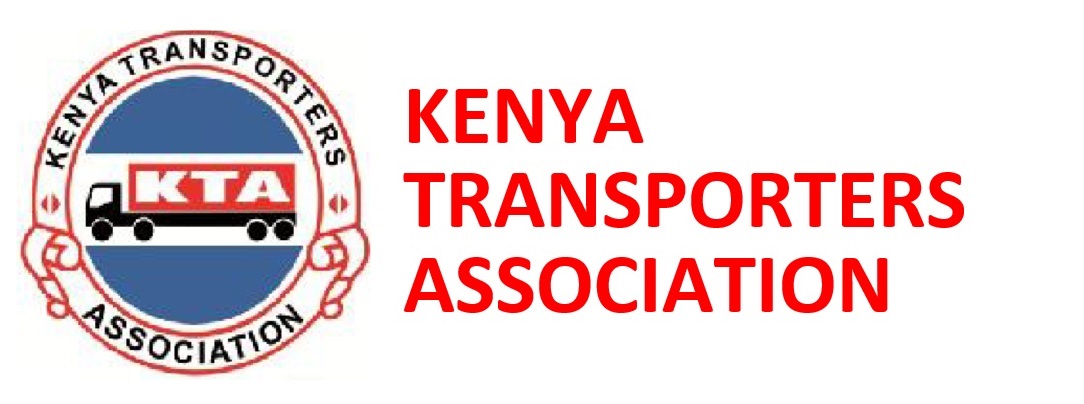To survive these harsh and hard economic times made even harder by the current effects of the pandemic, Members and Transporters in general need to realize one of the critical mistakes we are doing in our businesses is offering extended credit terms to our clients. This has a more adverse effect than even the actual rates we are charging.
We recognize that these are private decisions between individual transporters with their respective clients but it is our duty to make our members aware of the negative and adverse effects it is having on our businesses, involved in cargo transportation by road. This is the main reason road transporters are always barely surviving with majority having loans and cashflow problems. It is a cycle that then forces some transporters to lower their rates to try and get cash inflows faster to pay their liabilities. We are caught in an unforgiving cycle. The rates end up being determined by cashflow rather than profitability.
The only way to break this cycle is to change the terms of payments. Our partners in the supply chain have a culture that ensures they do not face the same problems we face.
The following supply chain players do not offer credit.
- Supplier of goods.
- Shipping line for sea freight.
- Shipping line for local destination charges.
- Kenya Ports Authority.
- SGR (Our competitor)
- Even KRA offers no credit.
- And many more.
To add on, we have to pay most of our variable other fixed costs upfront.
When you offer your clients credit terms, you are in effect financing their businesses to your detriment. No wonder our road sector is littered with failed and collapsing companies. Most are facing financial ruin while having a large debtors portfolio.
We understand it is a willing buyer willing seller unregulated capitalistic market but we can only advise. Let's change this culture. It is very difficult to change a culture once established in an industry and more so between a client and service provider not withstanding how bad that culture is, BUT we must change to survive.
It involves being open and honest with each other too. How many transporters bother to cross check why a new client wants their services. Could they be running from another transporter after failing to honour their debts? We have had cases of a few clients having ruined many transporters just because we do not conduct a little due diligence.
Let us have this conversation. We believe ideally we should be like our supply chain partners. Let our clients also change their customers or borrow from banks for their working capital requirements. Let's not play the role of banks.

